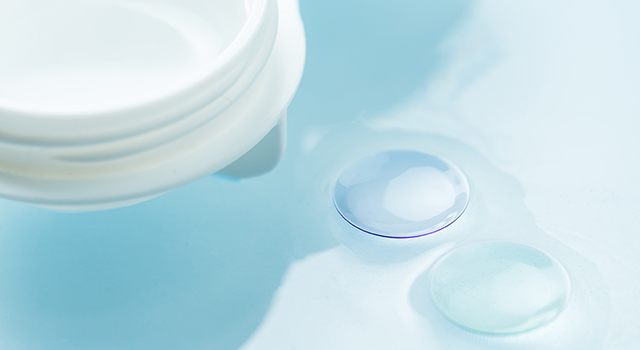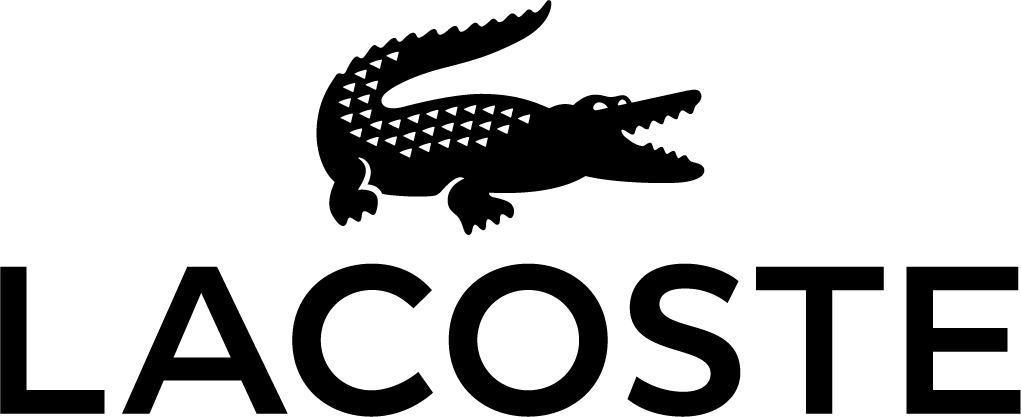
What does contact lens solution do?
The number of people who don’t clean their contacts properly is unbelievably high! In fact, some surveys go so far as to estimate 40-90% people fail to use contact lens solution correctly. Often, it’s just because they’ve run out of solution. However, that’s not an excuse – and it’s a scary, dangerous habit to get into!
Our eye doctors in Lewis Center, Westerville, Johnstown, and The Solution Center, Ohio, have performed many urgent contact lens eye exams for patients with eye infections and eye irritation that resulted from improper hygiene. Learn why using a disinfectant solution is so important!
The purpose of contact lens solution
Contact solution cleans your lenses and prevents the build-up of protein deposits that can be very irritating to your eyes and eyelids.
Solutions are commercially produced with preservatives and chemicals that both clean and disinfect your lenses, simultaneously removing any proteins that have been left on the surface. Every brand of contact lens solution is slightly different, with varying ingredients. But the primary active ingredients are boric acid, disinfecting detergents, and other components that add lubrication.
Types of contact solutions
Even though they share a common goal, a variety of special types of solutions are out there.
- Some kinds of solutions are made for sensitive eyes
- Others are free of certain preservatives that may be allergenic
- Multipurpose solutions are all-in-one, taking care of the rinsing, cleaning, and disinfecting. When using these, there’s no need to also buy saline solution.
- Hydrogen peroxide solutions require more time and attention for safe cleaning of your contact lenses. Preservative free, these solutions are often a preferred choice for people who are sensitive or allergic to chemicals. To use these solutions, you’ll need to leave your contacts in the special case (with a neutralizing disc in the cup) for 6-8 hours.
Saline is not the same
Saline solution is basically saltwater that is pH balanced. It is intended just for rinsing your lenses after cleaning and disinfecting, before inserting your contacts back into your eyes. We can’t stress enough how saline is NOT the same as contact lens solution. It has no cleaning or disinfecting properties, and by soaking your contacts in saline overnight – you are risking dangerous contamination.
Avoid DIY contact lens solutions
You may have come across recipes for how to make your own contact lens solution as a way to save money. However, using those DIY solutions is hazardous to your eye health. To be safe, the solution must have only sterile ingredients made using only sterile tools and equipment. It’s near impossible to do this at home. Unfortunately, our optometrists in Lewis Center, Westerville, Johnstown, and The Solution Center, Ohio, have seen many patients who later regretted using these contact lens solutions because it put them at risk for serious eye damage (and even blindness).
Hazards of tap water
Although it’s easy and always available, tap water is a definite no-no for contact lenses, even just for storing them. Tap water is teeming with bacteria and microorganisms that can lead to a rare disease called acanthamoeba keratitis. This eye disease is a sight-threatening corneal infection that’s not only painful, but can even result in the need for a corneal transplant. And don’t ever use saliva!
The only solution for healthy vision = contact lens solution
If you have any questions about which type of contact lens solution is best for your eyes, consult with an optometrist at Professional VisionCare. We perform contact lens eye exams and offer a range of solutions in our eye care centers in Lewis Center, Westerville, Johnstown, and The Solution Center, Ohio.
At Professional VisionCare, we put your family’s needs first. Talk to us about how we can help you maintain healthy vision. Call us today: 614-898-9989 or book an appointment online to see one of our Lewis Center eye doctors.
Want to Learn More? Read on!
FOLLOW US:































